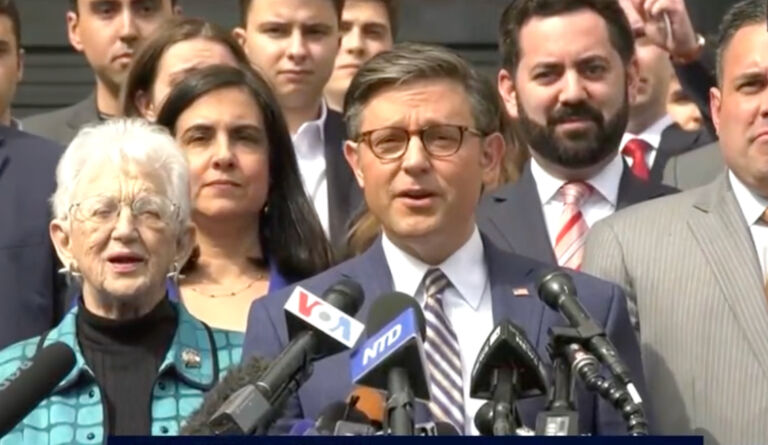In a recent article entitled, “Target takes stand on transgender bathroom controversy,” CNN reported that:
Target said Tuesday that transgender customers at its stores are welcome to use the bathroom that matches their gender identity, the latest corporate reaction to a wave of legislation seen by critics as anti-LGBT.
“We welcome transgender team members and guests to use the restroom or fitting room facility that corresponds with their gender identity,” the retailer said. “Everyone deserves to feel like they belong.”
State legislatures around the U.S. have in recent months debated proposals that would force individuals to use the bathroom that corresponds with the sex listed on their birth certificate.
The irony, of course, is that, contrary to what both Target and CNN seem to think, here in North Carolina it was the progressives in Charlotte City government who wanted to take away Target’s right to institute such a policy, and it was the state legislature that took steps to defend it.
The ordinance that the Charlotte City Council approved in February made it unlawful for private businesses to:
Deny any person the full and equal enjoyment of the goods, services, facilities, privileges, advantages, and accommodations of a place of public accommodation because of race, color, religion, sex, marital status, familial status, sexual orientation, gender identity, gender expression, or national origin.
On its face this would have meant that businesses could no longer descriminate on the basis of sex when it came to restrooms, locker rooms, and shower rooms. Moreover, it wouldn’t have been possible to argue that that was not the City Council’s intent. The City Code had previously included a section that prohibited discrimination on the basis of sex, and that section included the following provision:
This section shall not apply to the following:
(1) Restrooms, shower rooms, bathhouses and similar facilities which are in their nature distinctly private.
(2) YMCA, YWCA and similar types of dormitory lodging facilities.
(3) A private club or other establishment not, in fact, open to the public.
The Ordinance approved in February explicitly repealed that provision, line by line. So it wasn’t that the City Council didn’t think through the implications of the new language, or a matter of sloppy drafting. The City Council had intentionally made it unlawful for private businesses to deny anyone the use of any of their facilities (including restrooms and shower rooms) on account of “sex, … sexual orientation, gender identity, [or] gender expression.” While Target’s new policy is a bit vague, I very much doubt that’s what they have in mind. On the contrary, what they have in mind would probably have been illegal if the Charlotte ordinance had been allowed to stand. Fortunately for Target, HB2 preserved private businesses’ right to make their own rules about restrooms and changing rooms!


